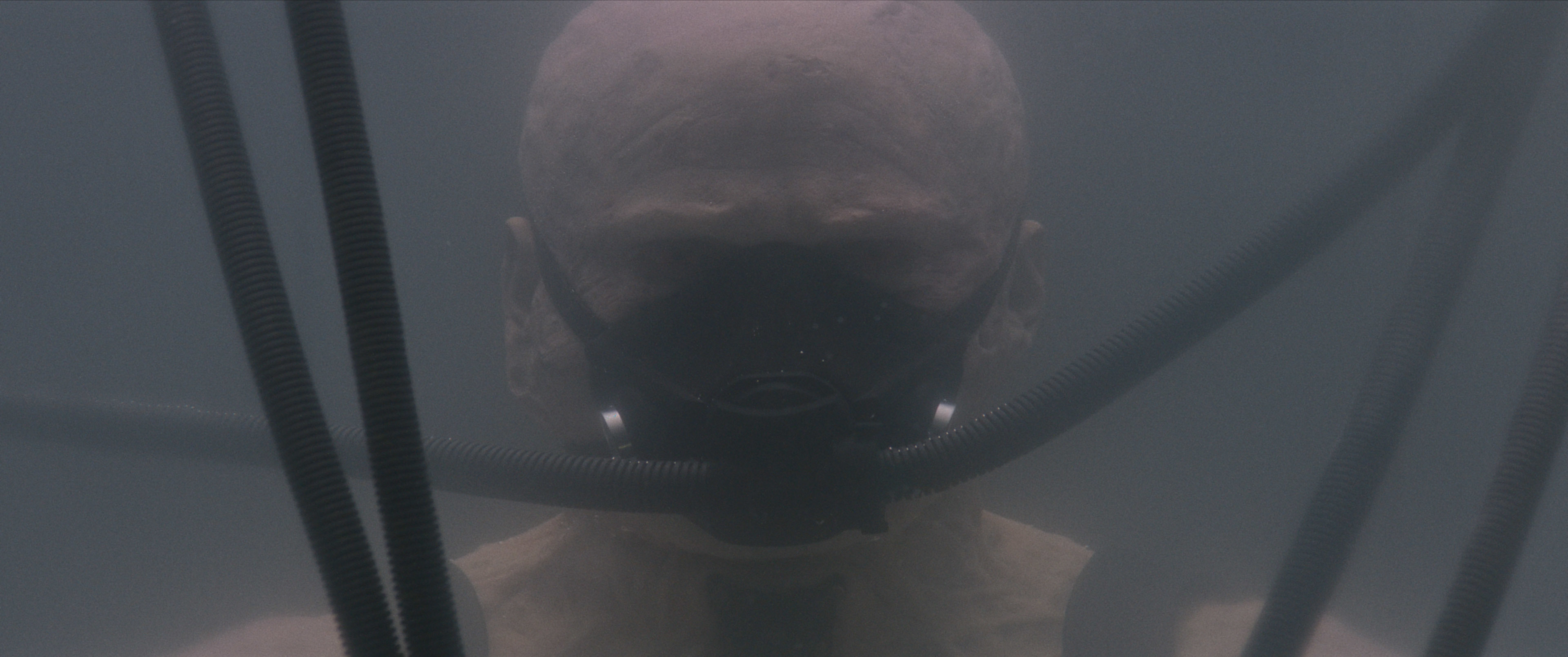‘A Real Pain’ Review: Jesse Eisenberg Opens Up In Wonderfully-Written Film

Kieran Culkin and Jesse Eisenberg appear in A Real Pain by Jesse Eisenberg, an official selection of the U.S. Dramatic Competition at the 2024 Sundance Film Festival. Courtesy of Sundance Institute.
The very concept of the self-assurance message we give ourselves whenever a tragedy occurs in our lives is put to a strenuous test in Jesse Eisenberg’s A Real Pain. “Life goes on,” we say. But does it? In a world immersed in two devastating wars that are changing the lives of millions all around the globe, the idea that it is OK for us to accept that our life on this world is tragic and that we should do our best to survive it, however we can, is one harder to defend with each passing day.
This is the philosophical difference at the core of the film, with each side represented by two cousins who have grown apart over the years. Eisenberg plays David, an ad sales rep living in New York City his perfect life with his beautiful wife and beautiful kid; someone who has given in to the status quo that society told him he’s supposed to have. Meanwhile, Kieran Culkin plays Benji, this film’s version of his Succession character, Roman. He may not be rich or come from a spoiled environment, but he’s surely capable of thinking outside the box and, most importantly, speaking his mind.
The two are traveling to Poland a few months after their grandmother died, to fulfill her last wish: to visit her childhood home, which she had to flee during World War II. This is an especially important trip to Benji, who was very connected to his grandmother, but it goes well beyond that. He’s extremely sensitive around everything surrounding him, the kind of person who notices the little things and is able to relate to someone else’s suffering more than the average individual. Going to a concentration camp, for instance, is something he feels the need to do more than everyone else, yet it will also be a lot more painful for him.
Once in Poland, the two join a tour led by a guide played by Will Sharpe, and the rest of the members of the gang soon realize that Benji is in a great deal of pain. It’s not something immediately obvious, and at first, it seems like he’s even mocking the people around him. But as Eisenberg’s David eventually explains, this is the way he is. He’s a free-spirited individual, but that doesn’t mean he’s unaware of the horrors of this world; in many ways, he’s more aware of them and suffers them as if they were his own.
“We can’t spend all day mourning,” David argues at some point. Benji’s counter: Why not? The title of the film is ambiguous enough to not refer to a specific pain in particular. Is Benji mourning the loss of her beloved grandmother, or is he suffering because the only person who he thought truly understood him, and most importantly, cared about him, is no longer with him? He and David used to spend every night together smoking pot and getting wasted until the early hours of the morning. But life went on for the more responsible cousin and eventually formed a family. Was that a good enough reason for him to forget about Benji?

Director Jesse Eisenberg on the set of A REAL PAIN. Photo Courtesy of Searchlight Pictures, © 2024 Searchlight Pictures All Rights Reserved.
All of us, in our lives, leave people behind us. That’s the natural progression carved by the paths we take. Benji is the type of person who gets tossed aside by too many people doing the same, and it takes a toll on him. Culkin’s poignant performance might not be too different from what he did in Succession, yet in many ways, both characters couldn’t be more dissimilar. There’s arguably no one right now who could have played the role with such beautiful depth and emotional damage; he’s a poor man’s version of Roman Roy (in a literal sense), yet that’s also the strength of what makes this performance so unique.
Meanwhile, Eisenberg is playing the awkward character he’s played many times before, and there are so many common mannerisms between David and anyone the actor has played this side of Lex Luthor. Yet his own script also gave David a lot of range to play with. A particular scene in a Polish restaurant in which he opens up about the real pain that is living on his cousin’s shadow, was the highlight of the film for him. At the end of the day, the two complement each other so well, which is precisely the reason why their fundamental differences are extremely well portrayed by the script.
And that is the ultimate strength of A Real Pain. Eisenberg wrote and directed the movie, and though there is a lot to admire about the way he handled his directorial follow-up to When You Finish Saving the World, this film ultimately works because of the dynamic writing. This movie is the perfect example of creating interesting characters with fundamental differences whose conflict can reveal a theme at large at the core of the story.
Part of the brilliantness of the script is reflected in how Benji and David complement each other by sometimes subverting the tropes of their characters. Benji comes across as someone who would have to be dragged through the country to participate in a tour given by your average non-Jew British guide, and David as someone who would constantly point out the irony of having a fully-English language trip across Poland with no real interaction with the native culture — yet the roles are reversed in that sense.
It’s the understanding of how the dynamics of the characters flesh out the quality of the writing that makes A Real Pain a true delight to watch, even if, on a deeper level, it’s supposed to give you pause and rethink what you’re doing and how you’re contributing to the world. The film serves as a way for Eisenberg to highlight the many discrepancies that co-exist with being an upper-class American Jew who comes from a family of Holocaust survivors, and it’s that honesty and sincerity that makes it soar.
A Real Pain premiered at the Sundance Film Festival and will be released by Searchlight Pictures sometime in 2024.
Miguel Fernández is a Spanish student that has movies as his second passion in life. His favorite movie of all time is The Lord of the Rings, but he is also a huge Star Wars fan. However, fantasy movies are not his only cup of tea, as authors like Scorsese, Fincher, Kubrick or Hitchcock have been an obsession for him since he started to understand the language of filmmaking. He is that guy who will watch a black and white movie, just because it is in black and white.






